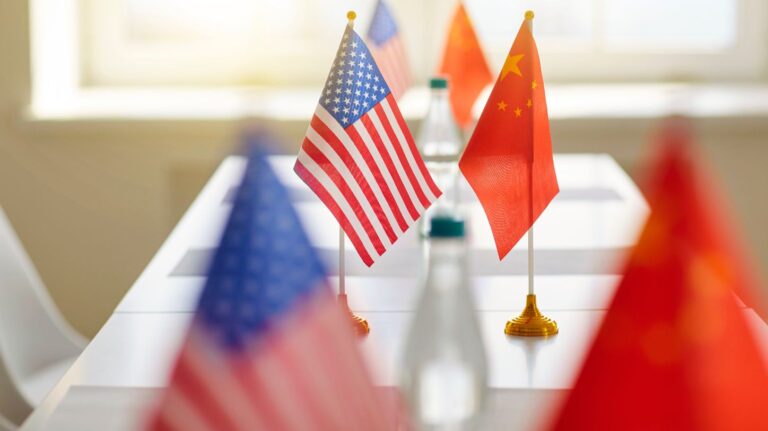A new trade deal between the US and China, provides a one-year reprieve on port fees and is also expected to ease pressure on rare earth element and critical minerals supply chains.
The deal, reached between US President Donald Trump and Chinese President Xi Jinping, has been hailed by the White House as a “massive victory that safeguards US economic strength and national security”.
China will remove some restrictions on rare earth exports and has agreed to purchase additional US produce, while US actions include pausing some tariffs and delaying actions that target the maritime, logistics and shipbuilding sectors.
Beijing has also agreed to stop the shipment of certain designated chemicals to the US, to purchase at least 25 million metric tonnes of US soybeans annually from 2026-2028, and to resume trade from Nexperia’s facilities in China.
Meanwhile, the US will pause implementation of some reciprocal tariffs on Chinese imports and will suspend plans to implement a 100% tariff on Chinese exports to the US, which were due to come into effect on 10 November.
Measures impacting maritime logistics
Under the trade and economic deal, the US will suspend its implementation of the responsive actions taken pursuant to the Section 301 investigation on China’s Targeting the Maritime, Logistics, and Shipbuilding Sectors for Dominance until 10 November 2026.
The action, announced in April 2025, imposed new port service fees on vessels that are owned or operated by China-linked entities, most vessels built in China (even if they are owned and operated by non-Chinese entities), and all foreign-built vehicle carriers. From April 2028, licences to export LNG from the US will require exporters to use US vessels for a certain percentage of LNG exports.
In return, China agreed to remove measures it took in retaliation for the US’s Section 301 investigation, and remove sanctions imposed on various shipping entities.
Meanwhile, the White House said that the US will continue negotiations with China pursuant to Section 301 as it continues cooperation with Japan and South Korea.
Rare earth restriction removal
China will suspend implementation of new export controls on rare earth elements (REEs) that were announced in October. It will also issue “general licences” valid for exports of REEs, including gallium, germanium, antimony, as well as graphite. These measures effectively remove controls placed on these materials by China in October 2022 and April 2025.
Rare earths are essential materials for batteries, magnets and technology, impacting sectors from automotive to defence.
Earlier this year, the automotive supply chain experienced disruption due to the Chinese restrictions, with automakers such as Ford and Suzuki having to temporarily suspend production.







